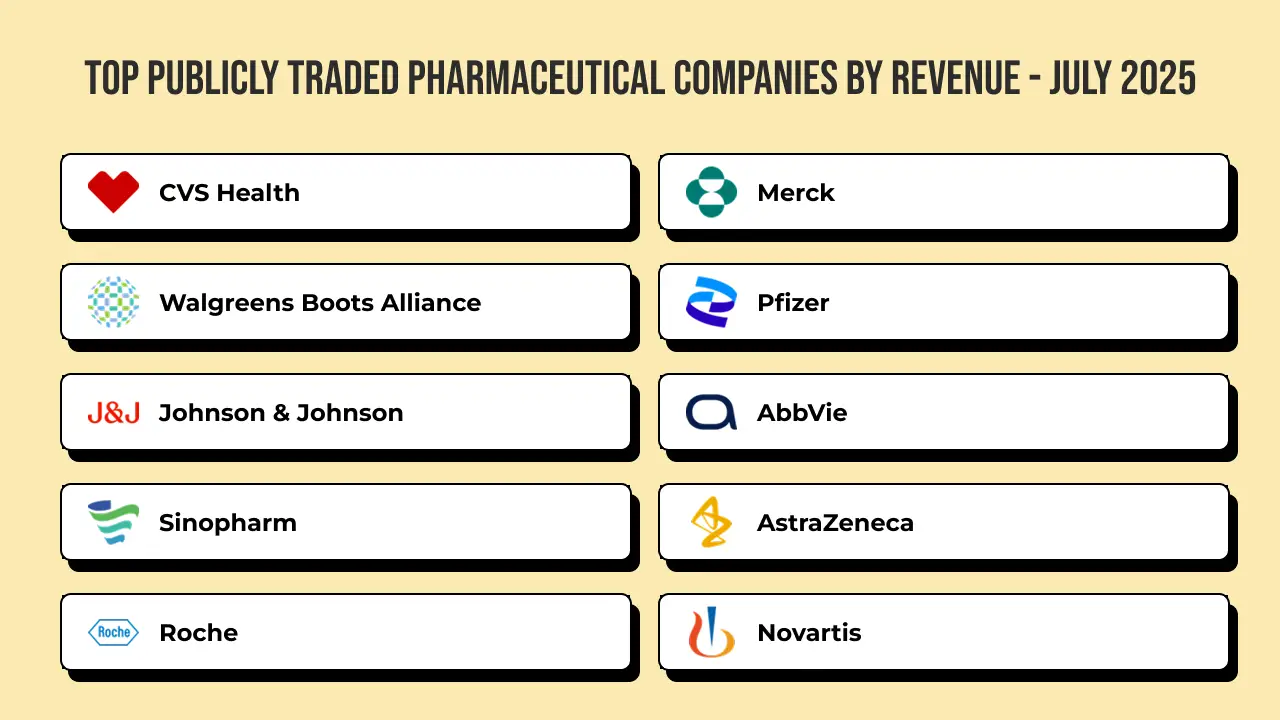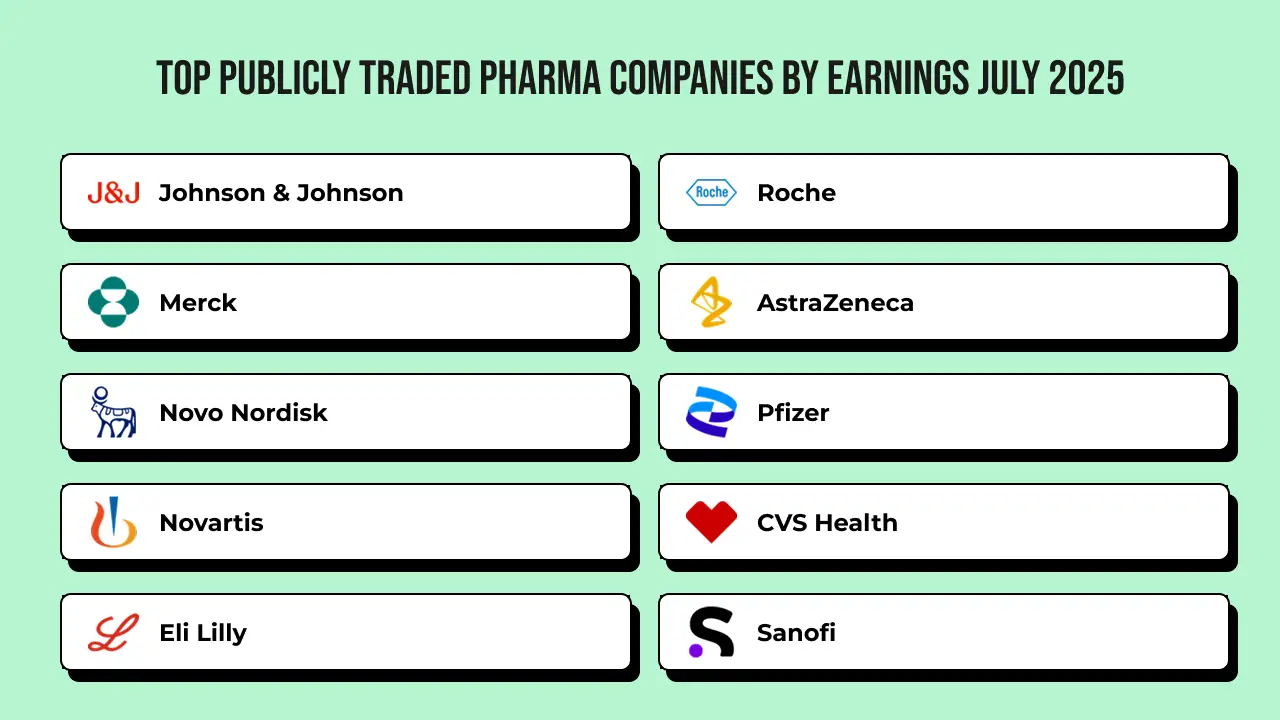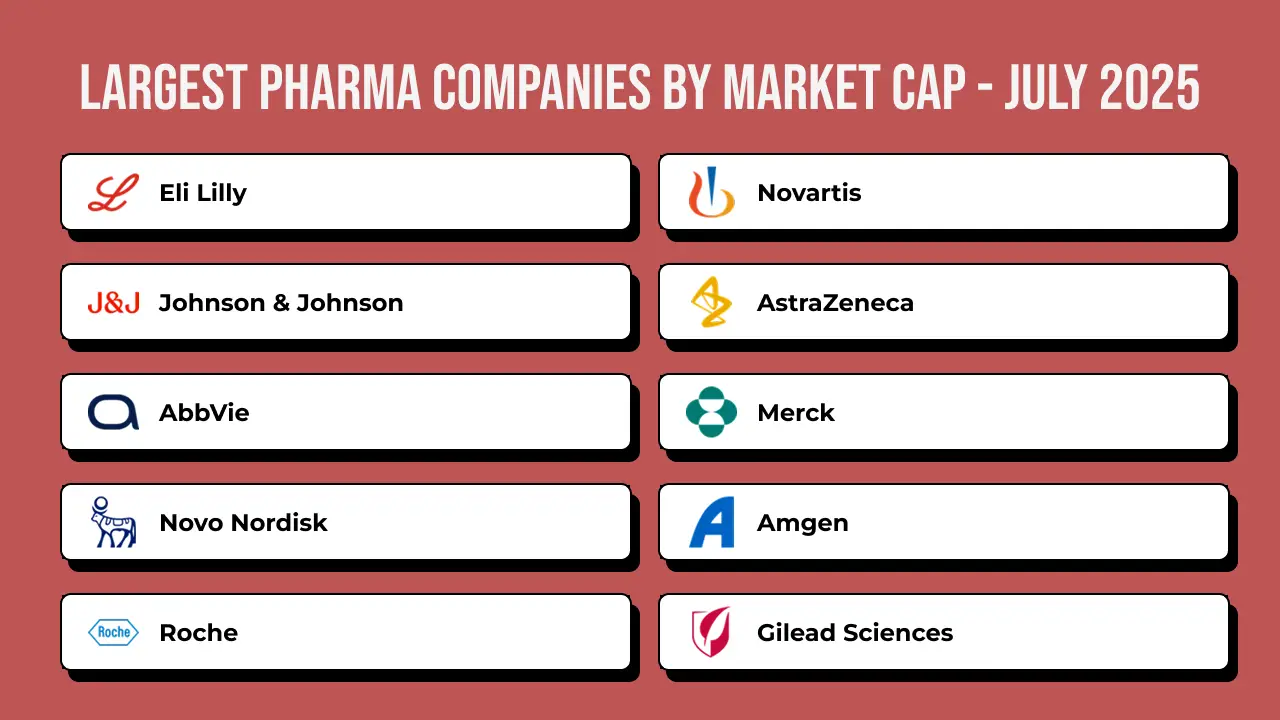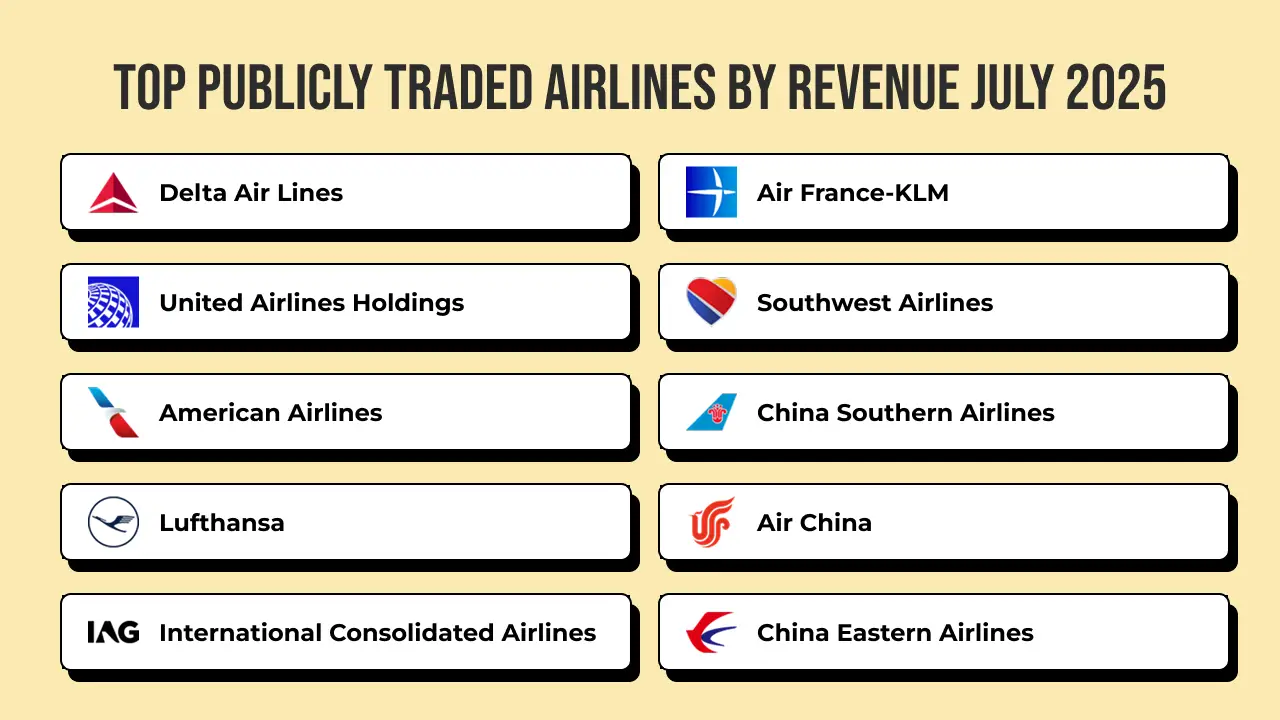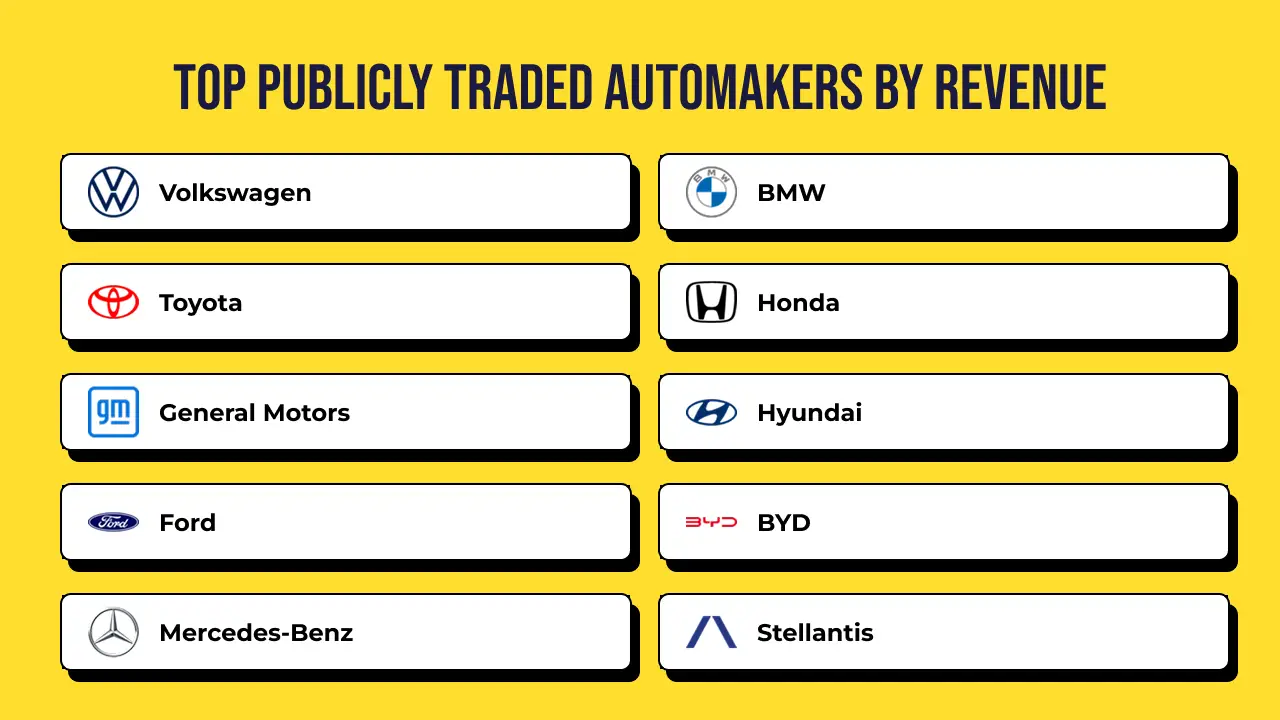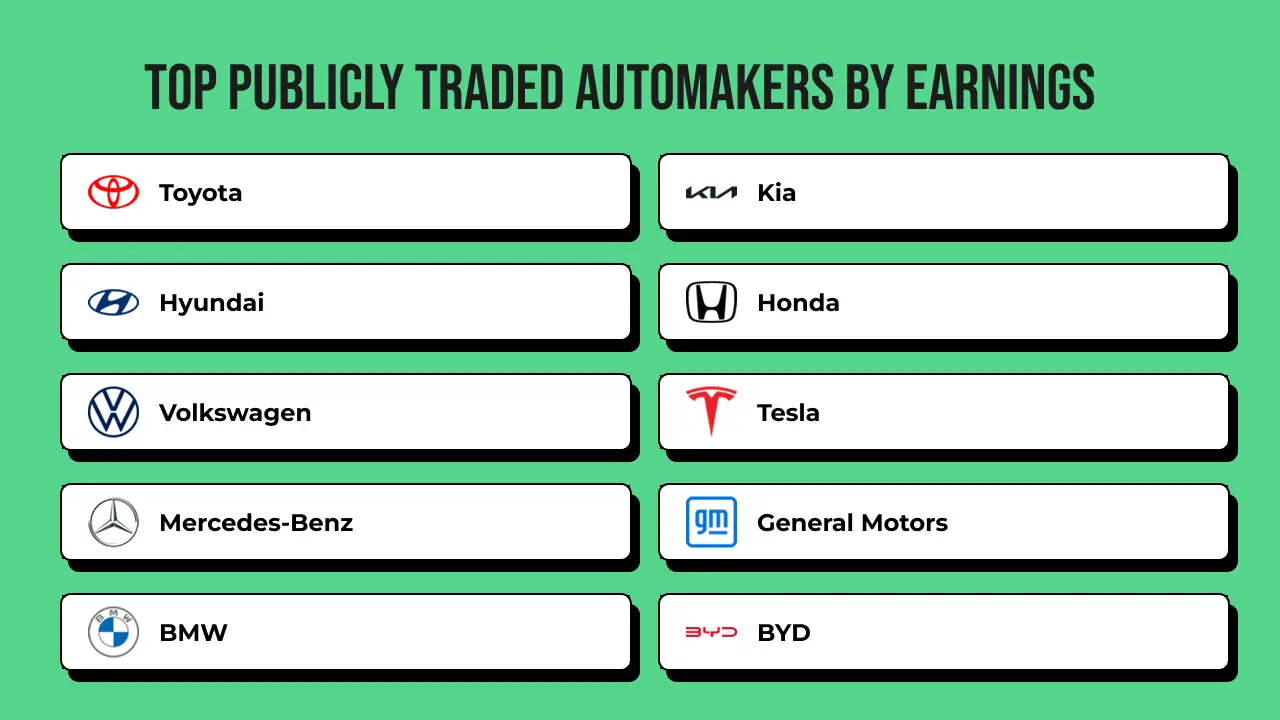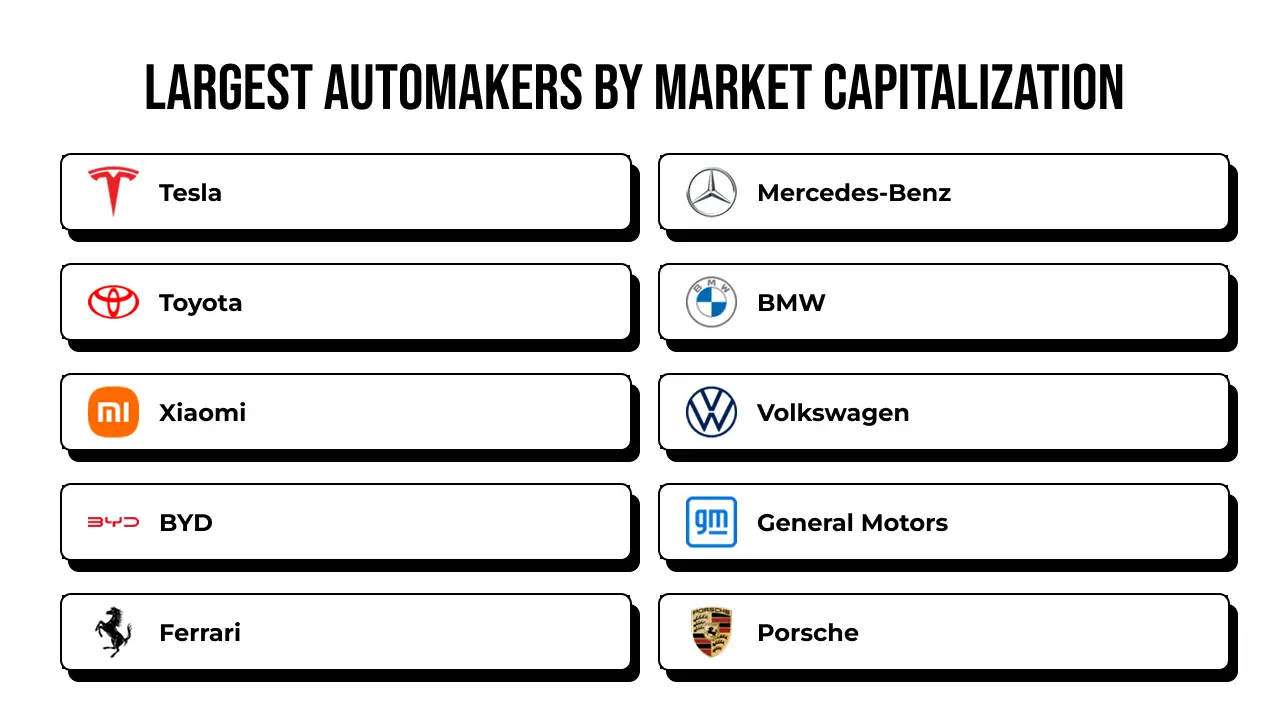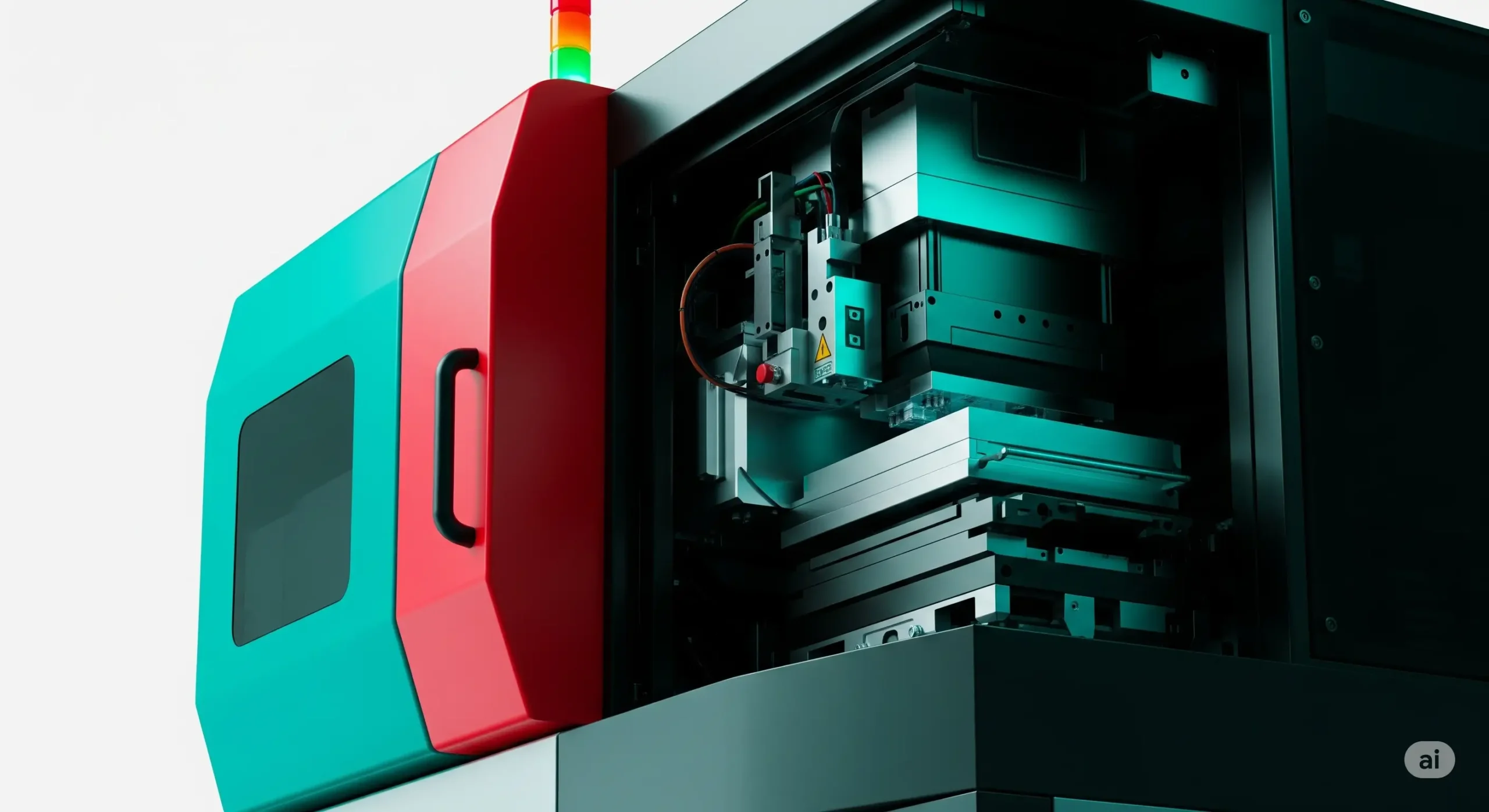I’ve been exploring the rapidly growing AI genomics market, and the numbers are staggering. As of 2024, the market is valued at approximately $2.8 billion, with projections estimating it will soar to $28.6 billion by 2030, reflecting a compound annual growth rate (CAGR) of around 46.5%. This explosive growth is fueled by the increasing integration of AI in analyzing vast genomic datasets, enabling breakthroughs in personalized medicine and drug discovery. The rising demand for precision medicine, coupled with advancements in machine learning and big data analytics, is pushing this market to new heights. Government investments in genomics research and the declining costs of genome sequencing are also significant drivers, making AI-powered genomics a cornerstone of modern healthcare innovation. My analysis suggests that this market’s potential is only beginning to unfold as technology continues to evolve.
Diving into the market’s segments, I find that AI genomics spans several key areas, including drug discovery, precision diagnostics, clinical genomics, and agriculture genomics. Among these, drug discovery holds the highest market share, accounting for nearly 35% of the total market in 2024. This dominance is driven by AI’s ability to accelerate drug development by identifying novel targets and predicting drug efficacy using genomic data. Precision diagnostics follows closely, leveraging AI to enhance disease detection and tailor treatments to individual genetic profiles. Clinical genomics is gaining traction as hospitals integrate AI tools for patient care, while agriculture genomics uses AI to optimize crop yields through genetic modifications. The drug discovery segment’s lead is no surprise, given the pharmaceutical industry’s hefty investments in AI to streamline costly and time-consuming R&D processes. I’m excited to see how these segments evolve as AI capabilities expand.
When it comes to the companies shaping this market, I’ve noticed a mix of tech giants and specialized biotech firms leading the charge. Top players include Illumina, NVIDIA, Deep Genomics, Tempus, and BenevolentAI. Illumina stands out as a market leader, thanks to its advanced sequencing platforms enhanced by AI analytics. NVIDIA is also a major force, providing powerful GPU infrastructure for AI-driven genomic computations. Deep Genomics and Tempus are innovating in AI-powered drug discovery and clinical applications, respectively, while BenevolentAI focuses on AI-accelerated drug development. These companies are at the forefront, leveraging their expertise to capture significant market share. I’m particularly impressed by how these firms collaborate with academic institutions and healthcare providers to push the boundaries of genomic research.
Looking at the global landscape, I see several countries driving the AI genomics market forward. The United States leads with the largest market share, driven by its robust biotech ecosystem, substantial R&D funding, and presence of leading companies like Illumina and NVIDIA. China follows closely, propelled by government-backed genomics initiatives and rapid AI adoption. The United Kingdom is a strong contender, with its focus on precision medicine and institutions like the Wellcome Sanger Institute. Germany and Japan are also significant players, investing heavily in AI and genomics research. These countries benefit from supportive regulatory frameworks and strong public-private partnerships, which I believe are critical for sustaining market growth. The global spread of innovation in this field is inspiring, as it fosters collaboration and accelerates discoveries.
Finally, I’m thrilled by the latest innovations and trends shaping AI genomics. A standout breakthrough in 2024 was the development of AI models capable of predicting protein structures with unprecedented accuracy, building on AlphaFold’s legacy. This has revolutionized drug discovery by enabling precise targeting of disease-causing proteins. Top trends include the integration integration of multi-omics data (genomics, proteomics, and metabolomics) with AI for holistic disease analysis, the rise of federated learning to ensure data privacy in genomic research, and the growing use of AI in CRISPR-based gene editing for enhanced precision. Additionally, cloud-based AI platforms are democratizing access to genomic tools, empowering smaller labs. These advancements make me optimistic about the future, as AI continues to unlock the potential of genomics to transform healthcare and beyond.


